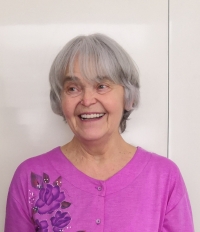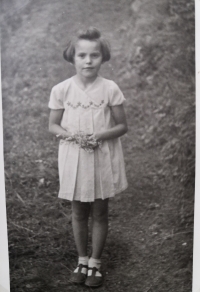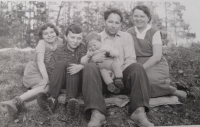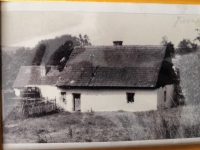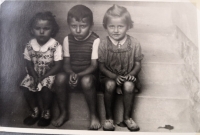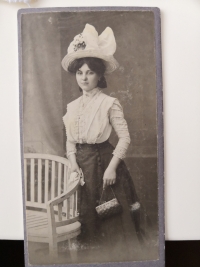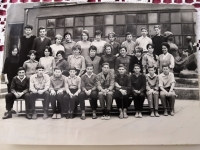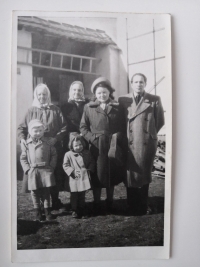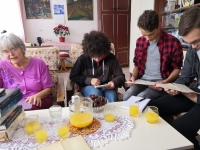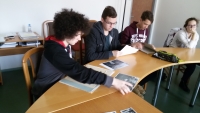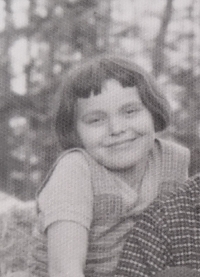One has to find something to base one’s life on
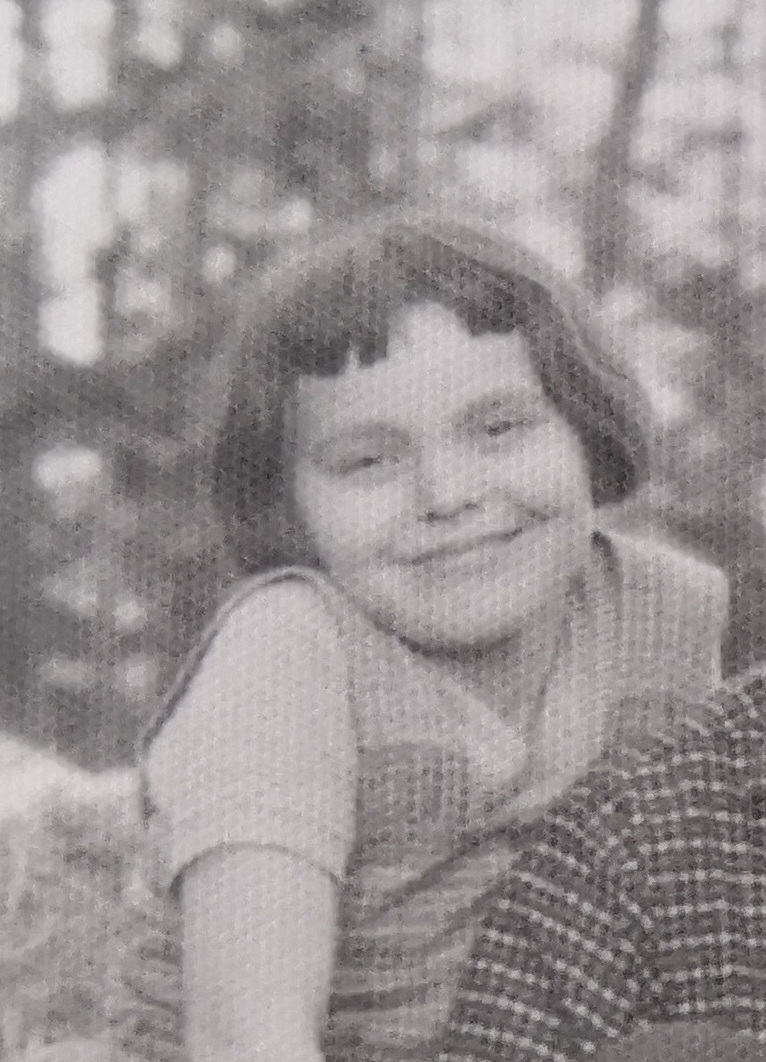
Download image
Věra Dvořáková was born on December 2, 1948, the middle of three children. Father Miroslav Dvořák worked as a clerk in the sickness fund and following the victorious February he had to go to the mandatory labour brigades. He returned from one of these in the Ostrava mines as a sworn communist and raised his children in the spirit of communism. Mother Věra née Vilímová only had a middle-class background, later completed her education and was a leader at the food apprenticeship center in Příbram. Věra attended Pionýr; she was a member of the Youth Association and sang in Příbram in Vepřek’s mixed choir. Before graduating, she joined the Communist Party, but left it again after the events of August 1968. At that time, she participated in an occupation strike at the faculty. She studied teaching mathematics and descriptive geometry at the Faculty of Mathematics and Physics of the Charles University, graduating in 1972. All her life she taught at the same high school in Příbram, which she herself attended as a child. In 1975, after a teachers’ trip to the Soviet Union, she was kicked out of school based on the information of officials from the Youth Union, but her mother complained to the Central Committee of the party and Věra’s dismissal was cancelled. As a class teacher, she had to go with her class to pay respects to the dead Soviet comrades, she had a big moral conflict with the mandatory meeting in the placement committee, which decided whether to give students a recommendation for further studies or not. In the 1980s, with the arrival of computers, she also had to teach computer science because math teachers were the closest to it. In November 1989, she took part in both student strikes at school and a general strike, she went to demonstrate on the square in Příbram in front of the building of the district committee of the party. She helped establish the Civic Forum in Příbram. Věra Dvořáková lives in Příbram, has never married, is childless and takes care of her ninety-five-year-old mother.
